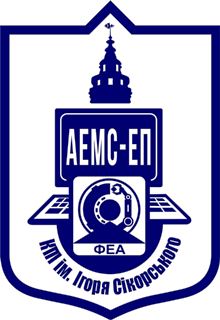MATLAB EXPO 2021 was held in May 4–5. Many topics were represented concerning control, electric drives, optimization techniques etc. In this post we gathered presentations about fuel cells.
1. Hydrogen Is the New Diesel: Electrifying Heavy-Duty Vehicles with Nuvera Fuel Cells
Gus Block, Pierre-Francois Quet, Nuvera
» Show more
Hydrogen Is the New Diesel: Electrifying Heavy-Duty Vehicles with Nuvera Fuel Cells
“Shipping ports around the world are concentrated sources of greenhouse gases, and diesel-powered port equipment is responsible for producing pollutants that severely impact air quality and health in surrounding areas. Hydrogen fuel cells have emerged as a smart, practical solution enabling electrification of many types of industrial vehicles and machines.
In a fuel cell, hydrogen and oxygen are combined electrochemically to produce water, liberating electrons that are captured to power an electrical device. Optimizing this process for everyday commercial use requires advanced control algorithms. Nuvera uses Model-Based Design with Simulink® to simulate and optimize the control algorithms’ behavior against a model of the fuel cell engine. Nuvera additionally uses hardware-in-the-loop testing to add rigor to the embedded computer’s performance verification to thoroughly test capabilities.
Nuvera uses Simulink to estimate and control the state of charge of the lithium ion batteries used in conjunction with the fuel cell power system. Batteries are used to accept power regenerated from braking in a fuel cell electric vehicle, or from lowering the load of a forklift or container handler. These capabilities are vital for creating high-performance heavy-duty vehicles that can compete with diesel engine counterparts, but without the emissions at the point of use – thus creating cleaner port operations.
» Show less
2. Fuel Cell Virtual Vehicle Models for Fuel Economy, Performance, and Thermal Analysis
Govind Malleichervu, Yifeng Tang, MathWorks
» Show more
Fuel Cell Virtual Vehicle Models for Fuel Economy, Performance, and Thermal Analysis
Learn about recent advances in modeling fuel cell systems for automotive applications. See how Simscape™, Powertrain Blockset™, and other MathWorks products are integrated to assemble a complex, multidomain fuel cell virtual vehicle model that includes:
- A polyelectrolyte membrane (PEM) fuel cell stack with fundamental electrochemical reactions, H2 and air handling systems, and a thermal management system
- An electric powertrain system with a battery, DC/DC converter, and power distribution unit (PDU)
- Supervisory controllers
- Multiple drive-cycle scenarios
- Explore how to use this model for fuel-economy study, controller design, thermal analysis, and component selection.
» Show less










